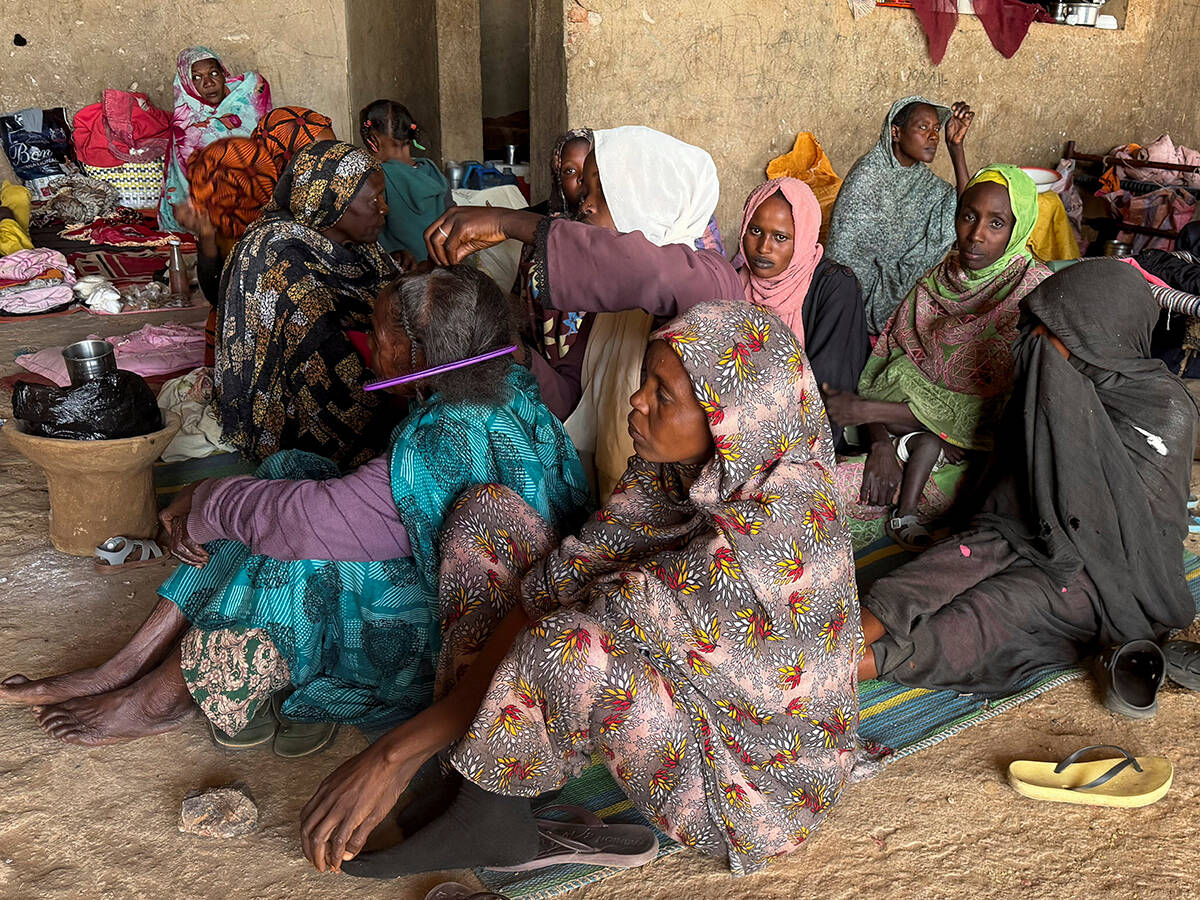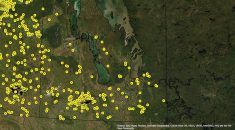“Vaccination of swine workers may reduce the likelihood that H1N1 flu will be introduced into barns.”
– DR. WAYNE LEES
The Manitoba government is telling people who work directly with pigs to get the H1N1 flu shot.
In a recent letter to the Manitoba Pork Council, the province recommended the move, not just to guard against getting the virus but to avoid passing it on to animals.
“Vaccination of swine workers may reduce the likelihood that H1N1 flu will be introduced into barns,” said the letter signed by provincial veterinarian Dr. Wayne Lees and heads of the Public Health Division and Workplace Safety and Health.
Read Also

Global humanitarian aid slashed by one-third
Humanitarian aid around the world was cut by a third in 2025 and Canada is one of the culprits.
Vaccinating swine workers may also help to avoid mixing animal and flu viruses. That could lower the risk of the H1N1 virus mutating into an even more serious strain, the letter said.
There have been eight recorded cases in Manitoba of pigs in barns contracting H1N1, a provincial official said late last week.
The letter said it’s “unusual” for people to get the flu directly from livestock. But it recommended people wear respirators, eye protection and gloves “when working with sick swine to prevent infection.”
The hog industry is very sensitive about H1N1 because of its commonly used name “swine flu.” The disease is believed to have originated in pigs, although it is now a human strain. But pigs can still get it from
people, although the animals usually recover quickly and the pork is not a human health risk.
Even so, producers blame the term “swine flu” for creating negative consumer perceptions about pork and a resulting drop in market prices for live hogs.
The province also sent a letter to Manitoba’s turkey-, chicken-and egg-marketing boards advising people working with poultry to get the H1N1 vaccine, too.
The letter noted that infections have occurred in turkeys in Ontario and Chile, although no outbreaks of H1N1 in poultry have so far been identified in Manitoba.
It stressed people should practise good personal hygiene to protect against both H1N1 and seasonal flu.
More information about the H1N1 vaccine is available from local health-care providers and public health units or by phoning Health Links at 1-888-315-9257. [email protected]
















